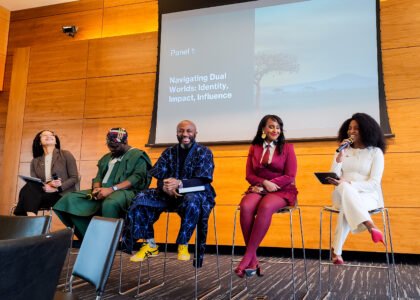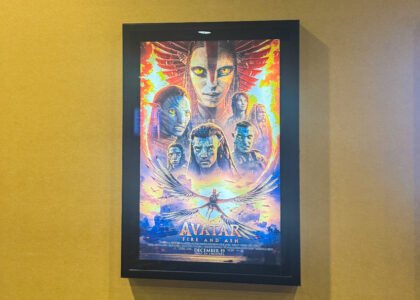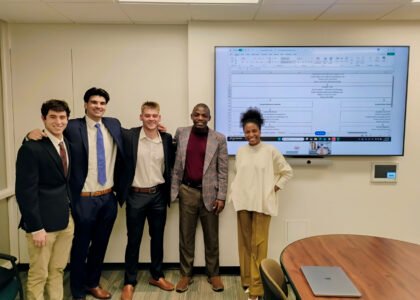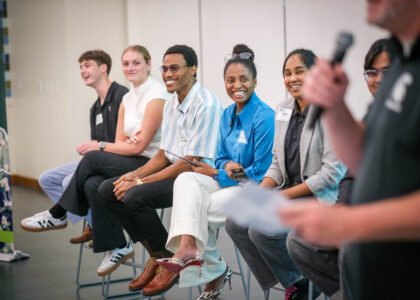


The African Business Conference at the Stephen M. Ross School of Business brought together students, founders, professionals, and builders from across disciplines and geographies — all in one room, thinking seriously about Africa, diaspora, and what comes next.

LinkedIn did something new this year: it gave us a recap. When I first saw it, my immediate reaction was that it was cheesy. And then I clicked through it anyway. And I found myself pleasantly surprised.

(Organic User Review. No Sponsors) Last winter, when I was setting up my room in

While I was talking through the game with one of my mentors and the co-chair of my company, Leo, I started describing the characters and the environment I was imagining. At some point, the conversation paused, and he said that what I was describing felt very Avatar.

My grandfather owned a maize mill in Chikwawa. It was the family mill, and my father worked in that maize mill as a child. When my parents later moved to Mangochi, my dad started two more maize mills.

If you are reading this… it means that I have successfully completed the third semester of my MBA. As I write to you, I have fulfilled 80% of the credits requires towards my graduation.

This year, I committed to experimenting with a monthly newsletter — a space to think out loud as I unpacked the strange, beautiful intersections of my life: Malawi and Michigan, the UN and Microsoft, agriculture and gaming.

December comes with winter — a kind of cold that forces you to stay indoors, which works for me because I never really go anywhere to begin with. But it also gives me time to sit still and sort through the year.

As I plan my next steps, agriculture keeps resurfacing as the logical point of entry for any meaningful development work.

After weeks of careful deliberation, I made a decision to step back from the recruiting cycle and focus fully on building my company — Q2 Corporation.